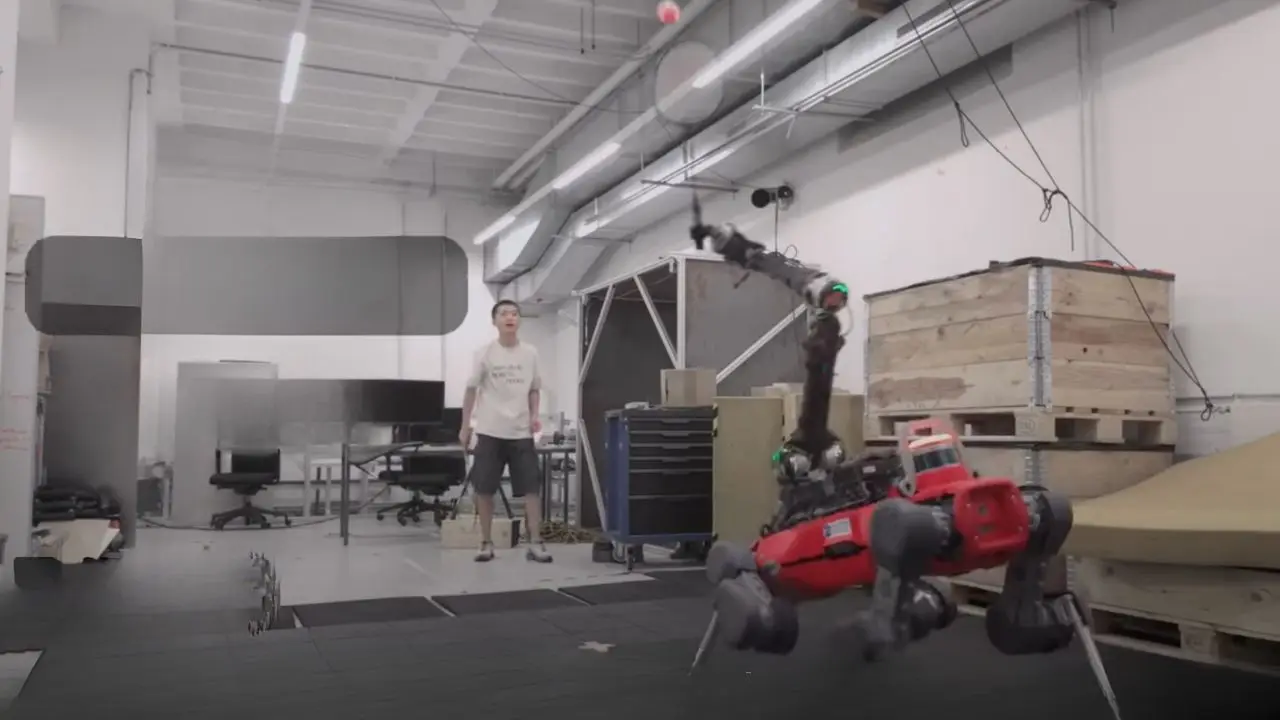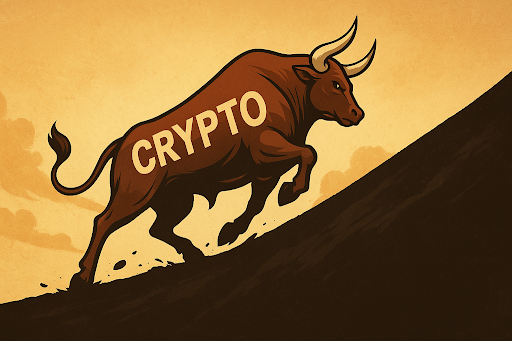In the classic western, “Shane,” the hero tells the boy who idolizes him that the gun he carries on his hip is like any other tool. It’s as good or bad as the man who uses it. I feel the same about the 21st century’s version of a sidearm, otherwise known as artificial intelligence. The question yet to be answered is whether the good of AI will outweigh the bad.
AI is already part of everyday life. I’m currently using it every time my meat-hook fingers hit the wrong key on my laptop, and the little “auto correct” function kicks in, underlining my mistake and offering alternative corrections.
I am ashamed to admit it, but I have used an even more overt form of AI. My day job sometimes requires data-heavy, uninspiring writing, and I will visit ChatGPT, ask it to give me 300 words on Subject X. In seconds, all those words appear on my computer screen. I may rearrange some of the words, discard others, and add a few of my own, but in the end, a writing obligation that might have taken me an hour-and-a-half is done in five minutes.
What about important writing? Writing like that is required by law students or those studying medicine. Are they telling ChatGPT: “Give me 5,000 words on the Marbury v. Madison decision,” or “Please explain the protocol for an acute case of appendicitis?” Passing a test or getting a good grade does not make one the next Clarence Darrow or Dr. Jonas Salk. Disciplines like the law and medicine require an application of one’s brain in interaction with professors and mentors. The more students rely on AI, the student/teacher bonds are stretched to a breaking point, and I’m not sure I want that lawyer or doctor practicing anything near me.
It is noteworthy to see that one of Pope Leo XIV’s first formal papal statements was to warn us about the threats AI poses. The Holy Father sees this innovative technology as a clear and present danger to human dignity in much the same way the previous Leo saw what could happen to human dignity with the onset, or in some cases the onslaught, of the industrial age.
The rationale for the pope’s concern was made explicitly clear shortly after the digital ink dried on Leo’s warning about AI, when a viral AI-generated social media video pulsed around the world on the internet. The video looked like the pope. It sounded like the pope.
It was not the pope.
It literally put words in his mouth about how wonderful some military junta leader in Africa was, and it had the pope giving the “leader” a resounding endorsement. Other such videos have surfaced with AI having the “pope” endorse or attack any number of political figures and or governmental policies.
Though these “deepfake” examples of AI were exposed in a timely fashion, they are becoming increasingly sophisticated and more difficult to vet as the technology progresses exponentially. There may indeed come a time in the not-too-distant future when we will not be able to tell the difference between actual and AI-generated messages. When it comes to the Supreme Pontiff of the Church, not being able to trust what we hear and what he teaches is cause for sleepless nights.
Instead of looking into the future for the solution, we might be better off looking to the past. Papal letters and the wisdom of St. Augustine, someone obviously very close to Pope Leo XIV, is available to us in two monumental works of the written word. It may slow us down a bit, having to actually read the printed page, but it is a form of communication that has been found quite effective for great Catholic thinkers, not to mention the four evangelists.
We are still in the dark part of the technological forest when it comes to AI, but as with everything else about our faith, we know God is in charge, no matter how dark it might appear. Still, just as we heeded Pope Benedict’s warning about the “dictatorship of relativism,” we should now embrace the equally serious admonition of Leo, lest we become slaves to “technological totalitarianism.”
Robert Brennan writes from Los Angeles, where he has worked in the entertainment industry, Catholic journalism, and the nonprofit sector.









 English (US) ·
English (US) ·